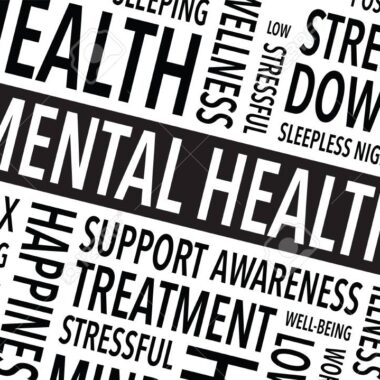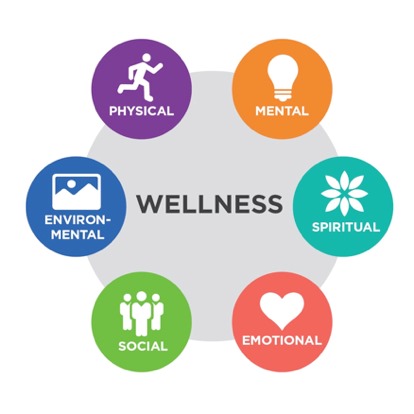UNLOCK YOUR BEST SELF: PERSONALIZED TRAINING SOLUTIONS



LIFE COACHING
Life coaching training is a valuable investment for individuals seeking to help others reach their full potential. These programs provide a structured curriculum that covers essential coaching skills, such as active listening, powerful questioning, and goal setting. Participants also learn techniques for overcoming obstacles, building rapport with clients, and fostering motivation.
- Life coaching training typically includes both theoretical and practical components.
- Students engage in role-playing exercises, case studies, and supervised coaching sessions to apply their newfound knowledge in a real-world setting.
- This hands-on experience helps individuals develop the confidence and competence needed to guide clients through personal and professional challenges.
- Upon completion of a life coaching training program, graduates are equipped with the skills and tools necessary to launch a successful coaching practice.
- They possess a deep understanding of human behaviour, communication techniques, and goal achievement strategies.
- With these capabilities, life coaches can make a lasting impact on their clients’ lives by empowering them to achieve their goals and live fulfilling, purpose-driven lives.
MENTAL HEALTH
Mental health training plays a crucial role in promoting awareness, understanding, and support for individuals struggling with mental health issues. In recent years, there has been a growing emphasis on providing training to various professionals, such as teachers, healthcare workers, and employers, to equip them with the knowledge and skills needed to address mental health concerns effectively.
- These training programs often cover topics such as recognizing signs of mental illness, providing appropriate support and intervention, and promoting mental well-being in different settings.
- By investing in mental health training, organizations can create a more supportive and inclusive environment for their employees or clients.
- Furthermore, mental health training can help reduce stigma and discrimination surrounding mental health, leading to more open conversations and increased access to resources and support.
- Overall, mental health training serves as a valuable tool in creating a more mentally healthy society, where individuals feel supported and understood in their journey towards well-being.
EMOTIONAL WELL-BEING
Emotional well-being is a crucial aspect of overall health and should not be overlooked. It refers to the ability to effectively manage one’s emotions, cope with stress, and maintain a positive outlook on life.
- Maintaining good emotional well-being requires attention to both internal and external factors. Practices such as mindfulness, self-care, and positive social interactions can help individuals cultivate a sense of emotional balance and resilience.
- In today’s fast-paced and often stressful world, taking the time to prioritize and nurture one’s emotional well-being is essential. It is important to acknowledge and address negative emotions when they arise, rather than suppressing or ignoring them.
- By actively working towards improving our emotional well-being, we can enhance our overall quality of life and strengthen our ability to handle life’s challenges.
- Taking proactive steps to care for our emotional health can lead to greater happiness, improved relationships, and enhanced overall well-being.
DIGITAL DETOX
In today’s digitally saturated world, the concept of digital detox training has become increasingly popular. Digital detox training involves temporarily disconnecting from digital devices and the internet in order to restore a healthy balance between technology and real-life experiences.
- Individuals participating in digital detox training are guided through various activities that promote mindfulness, stress reduction, and increased human connection.
- This may include engaging in nature walks, meditation sessions, or simply unplugging from screens for a set period of time.
- The benefits of digital detox training are numerous. Participants often report feeling more present, less anxious, and more connected to the world around them.
- This training can also lead to improved sleep quality, increased productivity, and enhanced creativity.
- Overall, digital detox training serves as a much-needed reminder to prioritize our well-being and human relationships over constant digital stimulation.
- By taking the time to disconnect and recharge, we can better appreciate the beauty of the present moment and lead a more balanced and fulfilling life.
